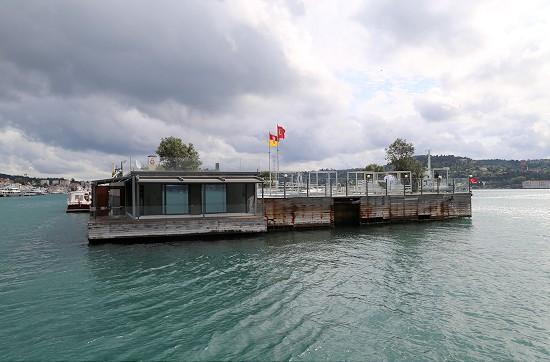
After 15 years of legal proceedings, an Istanbul court has ruled in favor of 71 individuals who claimed to be descendants of Ottoman Sultan Abdulhamid II, recognizing them as his legal heirs.
The court’s decision follows years of expert evaluations, during which genealogical reports confirmed the lineage of the claimants, daily Hürriyet reported.
Experts examined the descendants of Abdulhamid, who was dethroned in 1909 and died in 1918. The reports detailed his marriages, beginning with his first in 1863, and listed his children and their subsequent generations.
According to the expert report, among the 71 individuals recognized by the court, only 11 were identified as first-generation descendants.
While the court accepted the certificate of succession and recognized the 71 claimants as heirs, it rejected the request to issue a certificate that would allow for unrestricted transfer of Abdulhamid’s properties.
A 1924 law abolished the caliphate and exiled members of the Ottoman dynasty from Türkiye. Under this law, all titled properties of the former sultans passed to the state.
Despite this legal barrier, the heirs argued that Abdulhamid had already died in 1918, six years before the 1924 law came into effect, and therefore the law should not apply to his private estate.
Lawyers involved in the case cited a list of properties believed to have belonged to Abdulhamid, including various lands across Istanbul and multiple properties in the provinces of Aydın, Hatay and Kilis.
Following the ruling, attorneys Bülent Görür and Ümit Yılmaz, who represent some of the heirs, described the decision as a significant milestone in Turkish legal history.
“This verdict marks a turning point, shedding light on uncertainties created by the 1924 law that restricted property rights of Ottoman family members,” they said. “The court has now officially identified the rightful heirs. We have full confidence that the process will continue in accordance with justice and equity, supported by the Turkish judiciary and state authorities.”